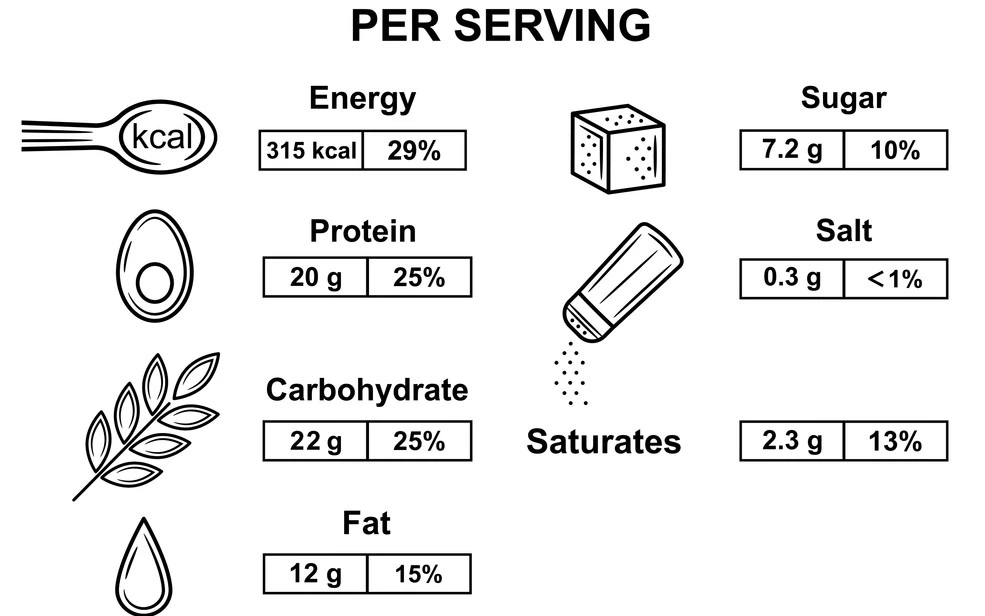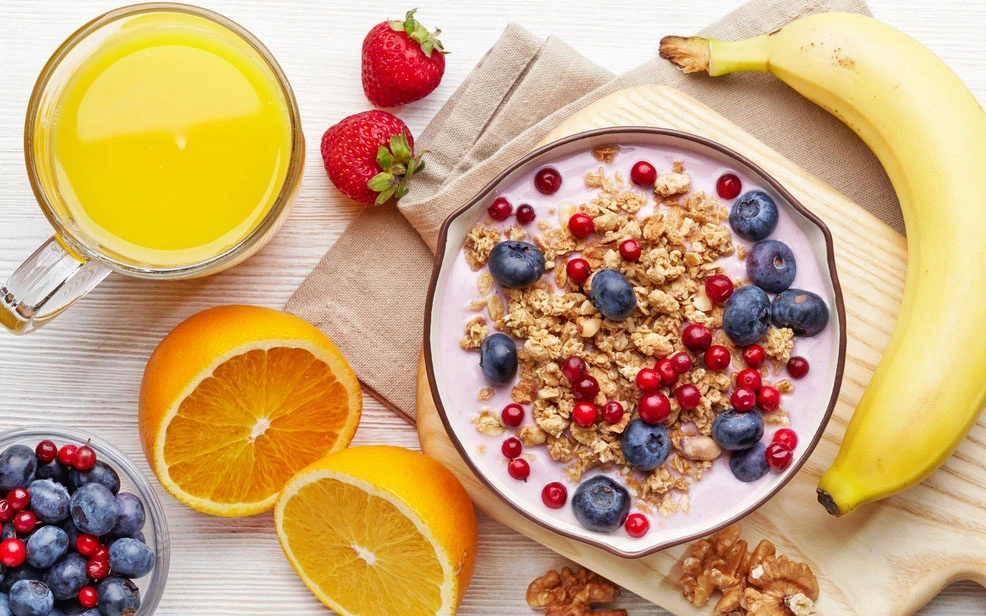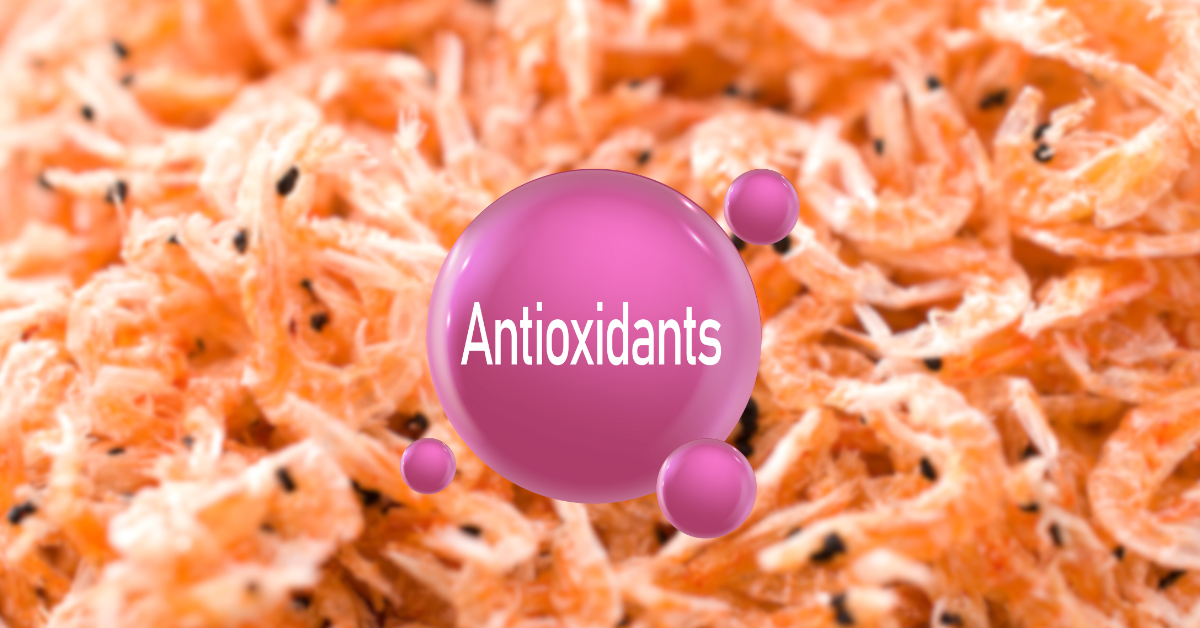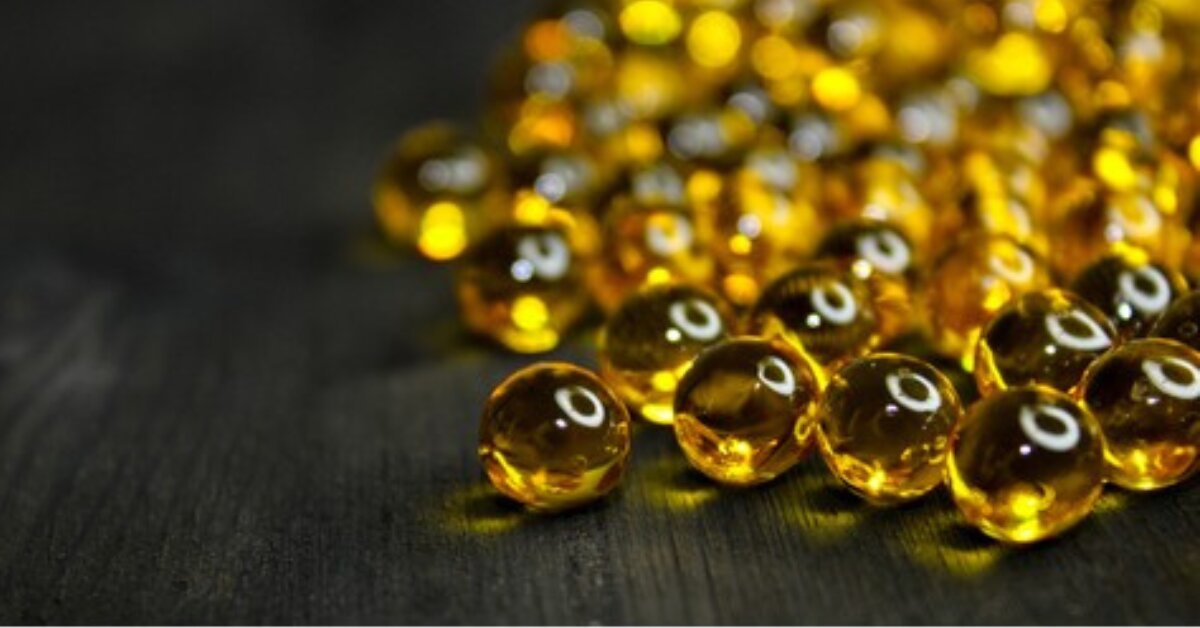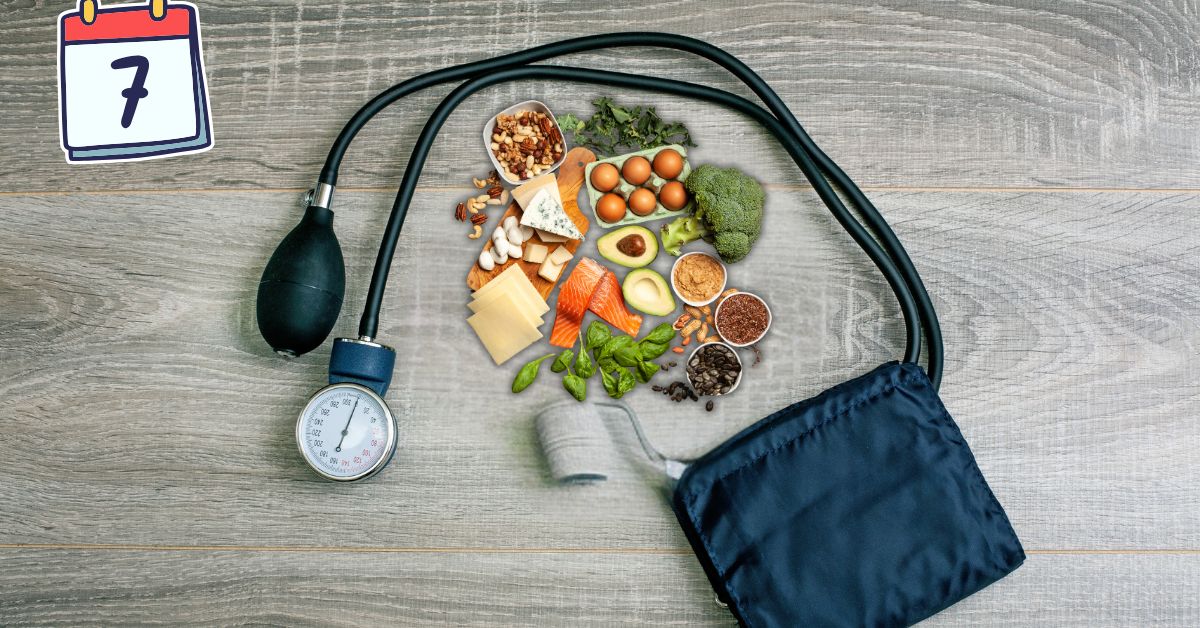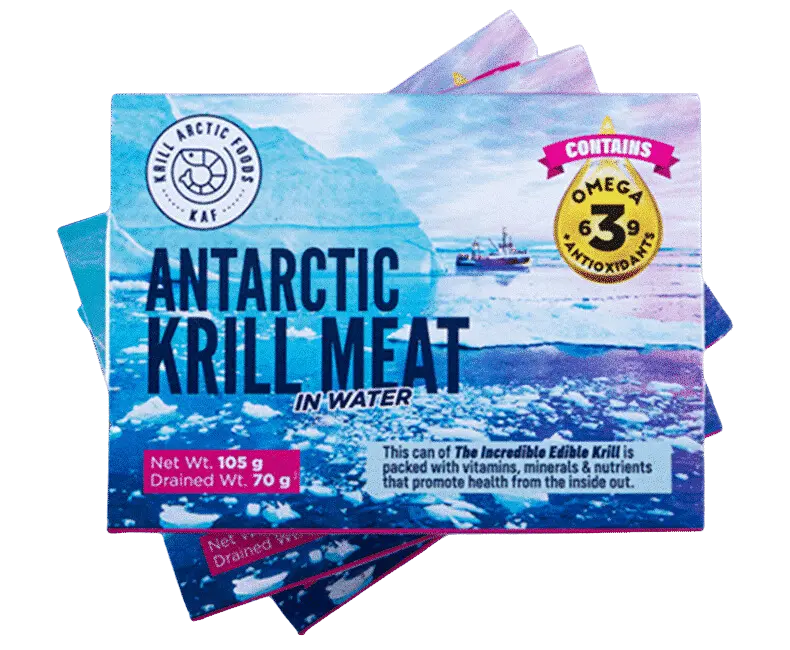- Home /
- Finding the Perfect Breakfast Calorie Count: How Much Is Enough

Posted On:March 19th, 2024
Finding the Perfect Breakfast Calorie Count: How Much Is Enough
Starting your day with a nutritious breakfast sets the tone for your eating habits and energy levels throughout the day. But how many calories should your breakfast contain? This question puzzles many, especially those conscious about their diet and overall health.
Your daily caloric needs depend largely on age, gender, weight, height, and activity level. The daily caloric intake recommended for women is around 2,000 calories, and for men, it’s approximately 2,500 calories. However, these are just benchmarks, and individual needs can vary.
How To Calculate Caloric Needs?
You can use formulas like the Harris-Benedict equation or tools like the Total Daily Energy Expenditure (TDEE) calculator to tailor this to your needs. These tools consider your Basal Metabolic Rate (BMR) and activity level to give you a more personalized daily calorie target.
Calories Per Meal
Once you know your daily calorie needs, you can break them down per meal. A balanced approach is to distribute your calories evenly throughout the day. For a standard three-meal-a-day plan, if you’re targeting 2,000 calories daily, aim for about 500-700 calories per meal. Of course, this can be adjusted based on your lifestyle. For instance, you can skew the distribution accordingly if you prefer a lighter breakfast and a heavier dinner.
The Ideal Breakfast
For a balanced breakfast comprising 20-25% of your daily caloric intake, consider incorporating krill meat as a unique and nutritious option. If you’re on a 2,000-calorie diet, your breakfast should ideally be about 400-500 calories.
Here are some Calorie Distribution Examples
1. For Active Mornings
If your day starts with a workout, consider:
- Pre-workout snack: 150 calories
- Hearty post-workout breakfast: 500 calories
- Balanced lunch and dinner: 400 calories each
- Evening snack: 150 calories
This distribution supports energy needs for exercise, aiding in recovery and sustained energy throughout the day.
2. For Big Evening Meals
If you prefer a substantial dinner:
- Light breakfast foods: 300 calories
- Snacks (morning and afternoon): 150 calories each
- Satisfying lunch: 400 calories
- Larger dinner: 600 calories
This approach allows room for a significant dinner, helping maintain a calorie deficit for those targeting weight loss.
Components Of A Healthy Breakfast
- Proteins: Krill meat is a great source of protein. It is also rich in omega-3 fatty acids and powerful antioxidants. Including a small portion of krill meat in your breakfast can provide many nutritious benefits and give you a healthy start to your day.
- Whole Grains: Accompany krill meat with whole-grain toast or oatmeal for added fibre and nutrients.
- Fruits and Vegetables: Complement your breakfast with fruits or vegetables for vitamins and minerals.
- Healthy Fats: Add avocado or nuts for essential fatty acids and to help with nutrient absorption.
Breakfast Ideas Within The Caloric Range
- Classic Breakfast: Two eggs (fried or scrambled), a slice of whole-grain toast with a thin layer of butter, and a small apple (around 400-450 calories).
- Yogurt Parfait: Greek yoghurt with a handful of berries and a sprinkle of granola (approximately 350-400 calories).
- Oatmeal Delight: A bowl of oatmeal topped with banana slices and a handful of almonds (around 450 calories).
Breakfast Ideas With Krill Meat
- Krill and Avocado Toast: A slice of whole-grain toast topped with mashed avocado and a serving of krill meat (around 400-450 calories).
- Krill Omelette: This is a two-egg omelette with spinach, tomatoes, and a small portion of krill meat on the side (approximately 450-500 calories).
- Krill Salad Bowl: This is a breakfast bowl with quinoa, mixed greens, some krill meat, and a light dressing (about 450 calories).
Balancing Out the Rest of Your Day
After a well-balanced breakfast, it’s important to maintain nutritional balance throughout the day. For lunch and dinner, focus on:
- Lean Proteins: Chicken, fish, or plant-based proteins.
- Complex Carbohydrates: Brown rice, sweet potatoes, or whole-wheat pasta.
- Vegetables: A variety of colours to ensure a range of nutrients.
Remember to factor in healthy snacks if you feel hungry between meals. Snacks like nuts, fruits, or yogurt can offer an energy boost without drastically increasing your daily calorie count.
Conclusion
In conclusion, a breakfast containing about 400-500 calories is ideal for a standard 2,000-calorie diet. However, adjusting this based on your specific caloric needs and lifestyle is essential. A healthy breakfast should balance proteins, whole grains, fruits or vegetables, and healthy fats. Remember, the key is not just counting calories but ensuring those calories come from nutritious sources. With the right start to your day, you can maintain energy levels, improve concentration, and set a positive tone for your dietary choices.
Frequently Asked Questions
Can My Breakfast Calories Affect My Concentration And Energy Levels?
Absolutely. A balanced breakfast with adequate calories can help improve concentration and sustain energy levels throughout the morning, while an insufficient breakfast might lead to fatigue or brain fog.
Is It Okay To Have A High-Calorie Breakfast?
Yes, especially if it’s balanced with lower-calorie meals later in the day or if you have higher energy needs (like athletes or those with physically demanding jobs). The key is to ensure your total caloric intake for the day aligns with your dietary goals.
Can Skipping Breakfast Help Me Lose Weight?
Skipping breakfast is not a guaranteed weight management strategy. It can sometimes lead to overeating later in the day. A nutritious and balanced breakfast can help regulate blood sugar levels and manage hunger.
Related Posts
Shop
Products You May Like
Lorem Ipsum is simply dummy text of the printing and typesetting industry
m Ipsum is simply dummy text of the printing and typesetting industry.

